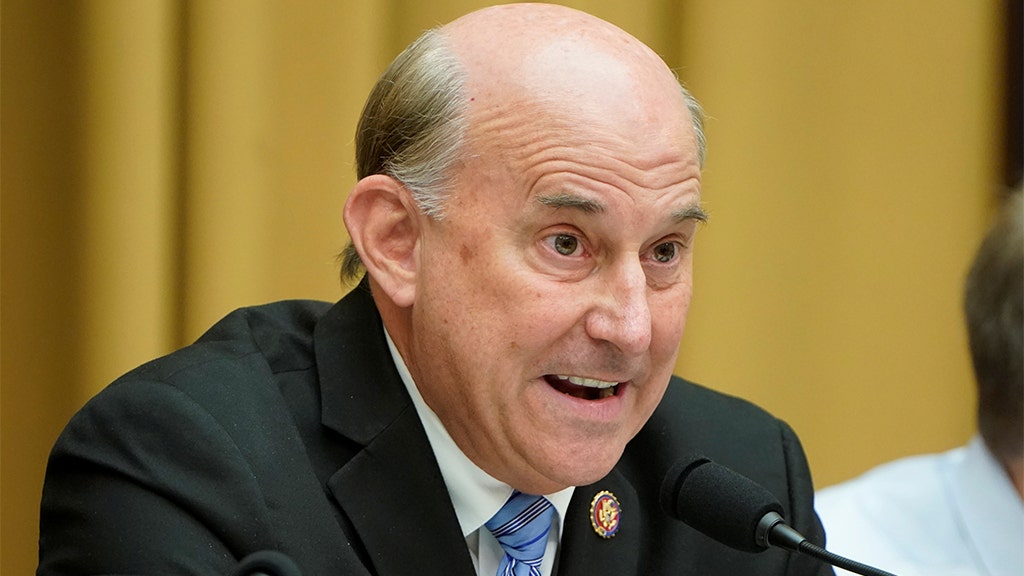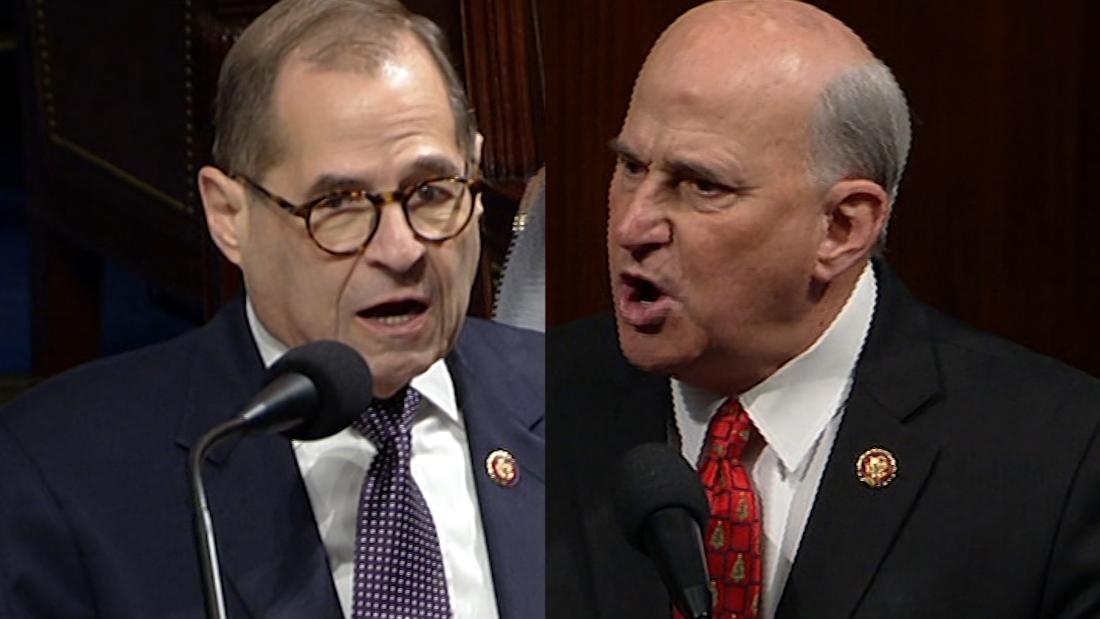[ad_1]
That this behavior could also be what he credits for his election is but one of the many paradoxes of the President’s reign.
Trump was elected on the basis of his promise to act as a wrecking ball in Washington and a messianic personality that caused him to declare that “I could stand in the middle of Fifth Avenue and shoot somebody and I wouldn’t lose any voters.” This declaration was evidence that he understood the dark charisma he possessed — his loyalists were more a cult than a political movement — and could imagine exercising power in the most extreme way.
The original sin in this most acute crisis — his impeachment — was the President’s decision to participate in, if not initiate, the weapons-for-dirt scheme he practiced in hopes of getting Ukraine to help him in the 2020 election.
Trump has denied any quid pro quo, but, reacting in a spasm of overconfidence, he made public a rough transcript of the “perfect” call he made to Ukrainian President Volodymyr Zelensky, which suggests otherwise. It was on this call that Trump asked for investigations into former Vice President Joe Biden, Hunter Biden and a conspiracy theory about 2016 election interference. No evidence suggests a justification any of these investigations, but Trump froze military aid for Ukraine’s war against Russia, anyway.
The Ukraine scandal can be called acute because it’s the immediate reason for Trump’s impeachment, but it is really just a peak moment in a long-running emergency that has gripped the country since Trump fired former FBI Director James Comey in May 2017. Comey, you’ll remember, refused to drop his investigation into Russia’s actual attack on the 2016 election and declined to offer the President the kind of personal loyalty he demanded but no FBI director should give.
Comey’s firing necessitated the appointment of former special counsel Robert Mueller, whose work evolved to include probing the President’s conduct in response to this oversight. As Mueller reported, Trump may have committed 10 acts of possible obstruction of justice but since Department of Justice policy prohibits prosecution of a sitting president Mueller left it to Congress, with its power to impeach and remove the chief executive, to work out what would happen next.
Like Napoleon, Trump had his chances to save himself, but his techniques worked so well, and for so long, that he seemed mesmerized by his own success. Part of Trump’s dark magic is that it’s hard to believe that what we see him doing is actually happening. For this reason, his actions and his attitude seemed to stymie efforts to confront him. For much of this year, House Speaker Nancy Pelosi refused to authorize a full-on impeachment investigation because she still operated by the old rules.
Pelosi didn’t want to put the country through an unnecessary ordeal. Trump’s team preempted Mueller’s report with its own interpretations and then, when the special counsel testified, he wasn’t persuasive. The door to impeachment seemed to close. Now, with Ukraine, the President himself reopened it.
Ultimately, the President and the country would not be in this place but for Donald Trump’s astounding sense of entitlement and his inability to change course. In fact, given the strong economy, Trump could have been a shoo-in for reelection if he had chosen to be a less divisive president. His shame and the nation’s trauma are his, and his alone.
[ad_2]
Source link




Connect with us on our socials: